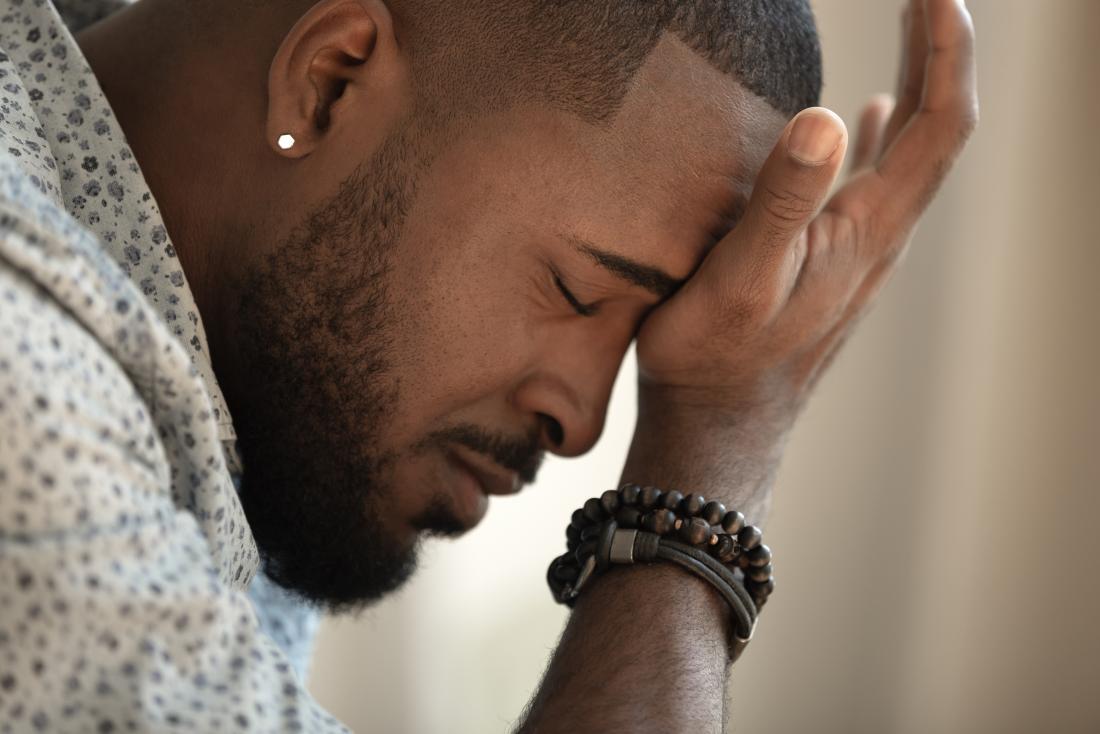Treatment for Vision Following Post-Concussion
Did you know that Neuro-Vision Therapy Institute uses more than 35 complex vision tests to identify the severity of concussions, and how they affect your vision as related to the brain? Ordinary eye exams cannot identify the complexity of such findings, leaving individuals with undiagnosed vision problems.
Before starting a neuro-vision treatment plan, a medical exam of the optical system is necessary. The right neuro-vision exam will help the neuro-vision optometrist to identify changes in the eyes and brain. To better get a feel of what your treatment plan will consist of, the doctor will have you complete a neuro-vision evaluation and a visual symptom questionnaire.
After the results are back, a treatment plan vision therapy for concussions is implemented, just for you at (720) 408-1400.
What is a Concussion?
According to the CDC (Center for Disease Control and Prevention), a concussion is a traumatic brain condition, brought on by a jolt, injury, bump or blow to the head. The impact causes the head to move backward and forward rapidly. While this sudden jolt causes the brain to either twist or bounce around inside the skull, creating chemical changes and reactions in the brain. This can lead to the brain experiencing stretching while, in turn, can result in brain cell damage.
Millions of people suffer from mild to severe concussions as a result of a fall, or blunt force trauma, and they can occur without any warnings. However, symptoms usually appear at a later date. Since all concussions do not produce severe symptoms or loss of consciousness, this makes it harder for a person to know that he or she needs to be seen by a doctor.
How Many People Suffer from Post-Concussion?
The CDC states that each year about 300,000 people have a concussion. This number is an estimate because so many people do not get treated or are not properly diagnosed. Immediate diagnosis and treatment can prevent persistent issues, including vision problems. An estimated 90% of people experience vision problems following a concussion. If you or someone you know is experiencing vision problems following a fall or injury to the head, seek immediate medical attention.
What are the Symptoms of Post-Concussion Syndrome?
Symptoms surrounding a concussion are noticeable but can mimic other underlying issues. There are both short-term and long-term symptoms associated with having a concussion. Some people might experience:
- Headaches
- Confusion
- Brain fog
- Fatigue
- Dizziness
- Blurred vision
- Balance coordination problems
- Sensitive to light and noise
- Memory loss or problems concentrating
- Changes in mood and/or behavior
- Double vision
- Amnesia
- Generally, not feeling well after an injury to the head
- Nausea and/or vomiting
Vision Therapy for Concussions
Vision therapy for concussions includes reinforcing the visual pathways that lead to the brain. Vision rehabilitation addresses the root cause of visual impairment problems associated with vision disruption. However, repetition through learning increases the recovery time and provides more accurate results.
Vision therapy programs include evaluating complex vision issues that are most often misdiagnosed or overlooked. An extensive eye exam can identify root visual problems following a concussion. Modern eye exams look for common eye problems like myopia, eye infections, or simple vision problems that may require eye surgery, eyeglasses, or contact lenses. Through each injury to the head, the brain reacts in different ways. Most injuries to the head cause the brain to swell, and bring on headaches, pain, and confusion.
How Long Does Vision Therapy Last?
A neuro-vision examination can detect any post-concussion symptoms early, so you can get the best treatment. Post-concussion complications can last up to or more than 6 months. Some patients even experience problems well after a year, following an injury. Early intervention and treatment can speed up the recovery process and prevent further damage to your vision.
However, each person’s body is different, and reacts differently under certain situations. Whereas you might need to be treated twice a week for six weeks, someone else with the same issue might need more or less treatment time.
Each individual’s needs are based on the severity of their vision problem, because vision therapy treatment plans are individually created. If you need a non-traditional eye evaluation to determine your risk or identify your visual condition, please reach out to Neuro-vision Therapy Institute at (702) 408-1400.

